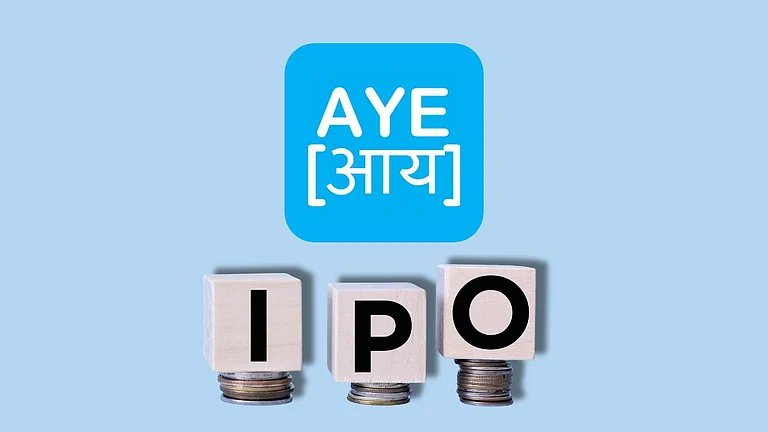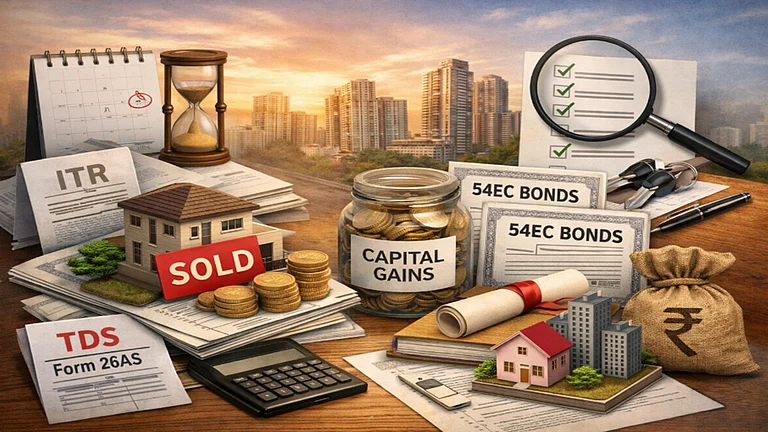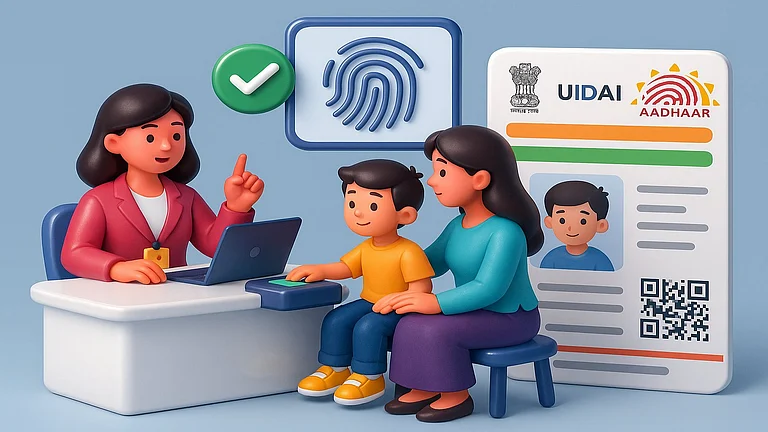We all know that if invested wisely, real estate can be a good investment decision. While most of us would buy a home to live in, many of us may decide to buy a second home as an investment. After all, home prices do rise, and so do rentals, and having a second home can provide financial security in the future. However, the decision is not so simple. Understanding the pros and cons of buying a second home is important.
Pros Of Buying A Second Home:
Passive income: "Investments in real estate not only provide a good capital appreciation opportunity but also provide a passive income in the form of rentals," says Vikas Wadhawan, group CFO of Housing.com, PropTiger.com & Makaan.com, real estate consultants.
Agrees Chenthil Iyer, founder and chief strategist of Horus Financial Consultants: "A house is a tangible asset; hence, people find a sense of security in these assets. Also, a second house is an income-producing asset and, more importantly, an inflation-indexed income-producing asset because the rentals are expected to increase over a period. Hence a second house can come in handy during the post-retirement phase of one's life."
Co-borrowers or co-owners: There are other advantages to buying a second home too. If the spouses are co-borrowers and co-owners of the property, they can split their EMIs and double their tax benefits.
Cons Of Buying A Second Home:
However, these pros must be balanced against the cons.
Inefficient asset: Iyer breaks down the economics. He says that in the Indian context, it is a very inefficient asset because the cost of borrowing is almost four times the rental income generated. A commercial property may be a little better off on this account, but it is still suboptimal considering the cost of borrowing. A typical house may fetch 1.5-2 per cent of its value as rental income per annum, whereas for buying such a property, we may have to take a loan at 8-9 per cent per annum.
A commercial property may fetch a higher rent at 3-4 per cent, but it is still around half the interest we need to pay. The only consolation is that the rental income is expected to increase with time and the interest applicable remains almost the same on the capital borrowed. Therefore, we can expect the cash flows to break even at some point. Needless to say, a residential property may take way longer compared to a commercial one.
Net gain nominal: Also, while the deduction on principal payment is limited to Rs 1.5 lakh (for all properties one owns), the deduction available for the interest amount is a maximum of Rs 2 lakh. "The net gains on a leveraged apartment can thus be nominal. Also, investing in equity will be far more rewarding in the next decade," says Renu Maheswari, chief executive officer and principal advisor, Finzscholarz Wealth Manager, and a Sebi-registered investment advisor..
Liquidity risk: Real estate also has the inherent risk of liquidity, and locking too much money in real estate can be stressful and unproductive.
Depreciation in value: "Also, apartments depreciate, and the rental income may come down as newer apartments with better specifications come up in the neighborhood," she adds. So there could be renovation costs involved in maintaining these properties.
One needs to make a decision keeping the above in mind. Vishal Raheja, MD, InvestoXpert.com, a real estate consultant, sums up, "Second homes generally do not burn a hole in your pocket, and could help you earn monthly returns. It also builds wealth for retirement as property price appreciation generates good returns. It's highly recommended to invest in a second home as a holiday home. Home loans were at an all-time low this year; this is the time to invest and make the most of it."
Located away from city: However, maintaining your second home will take a lot of work if purchased far away from the city you live in. It requires frequent maintenance, which could be a hectic task.














